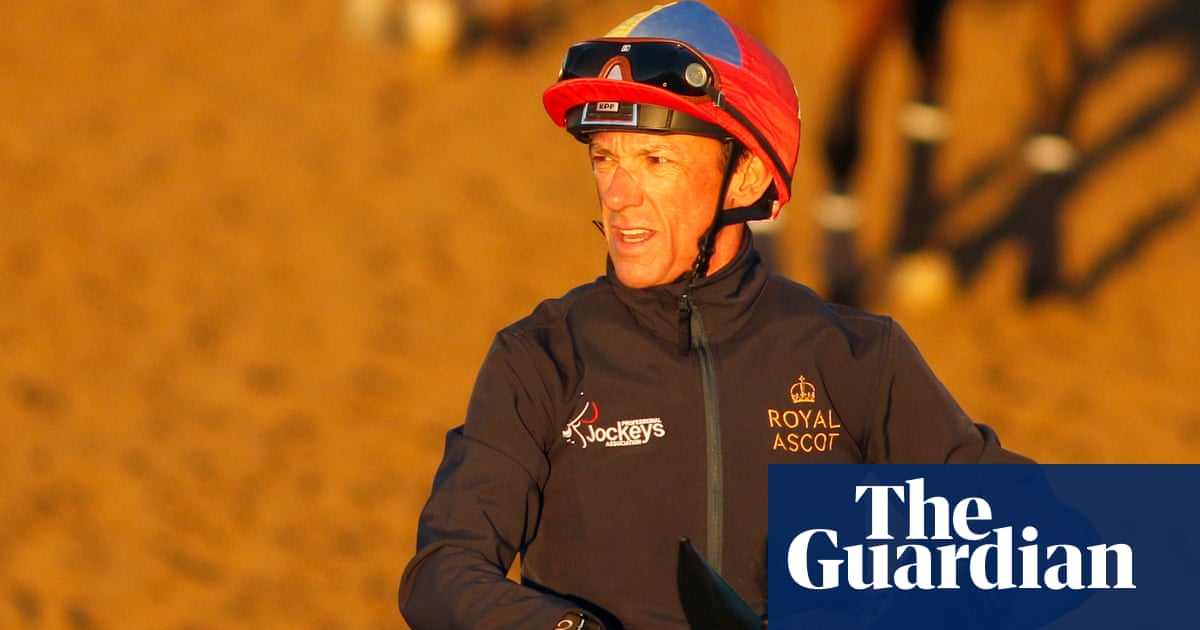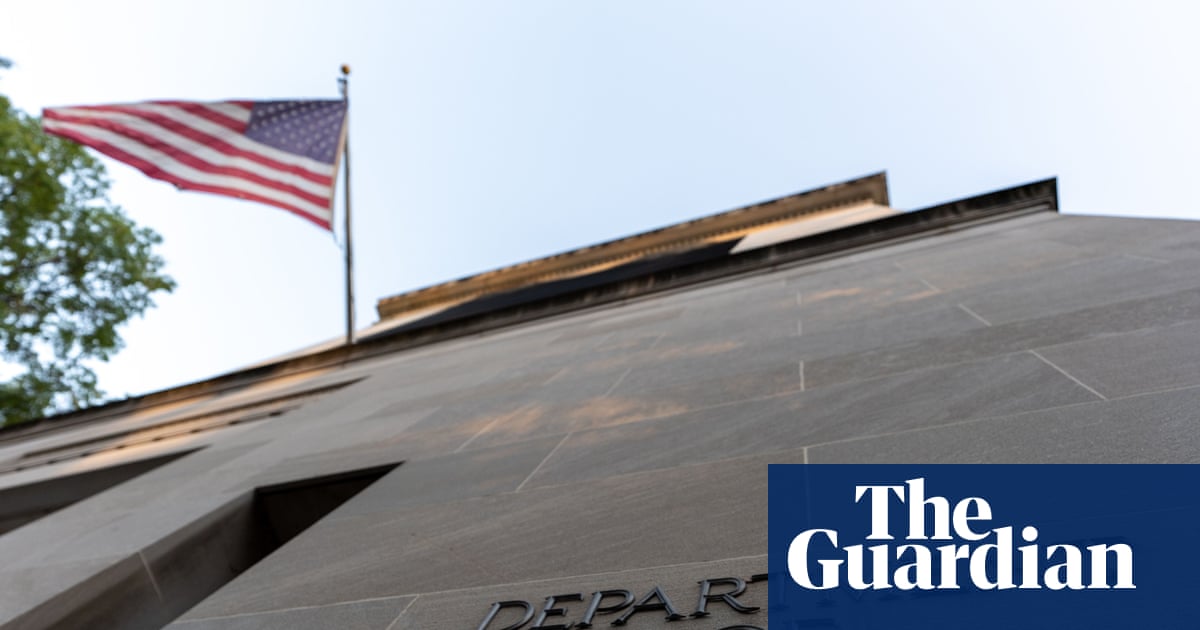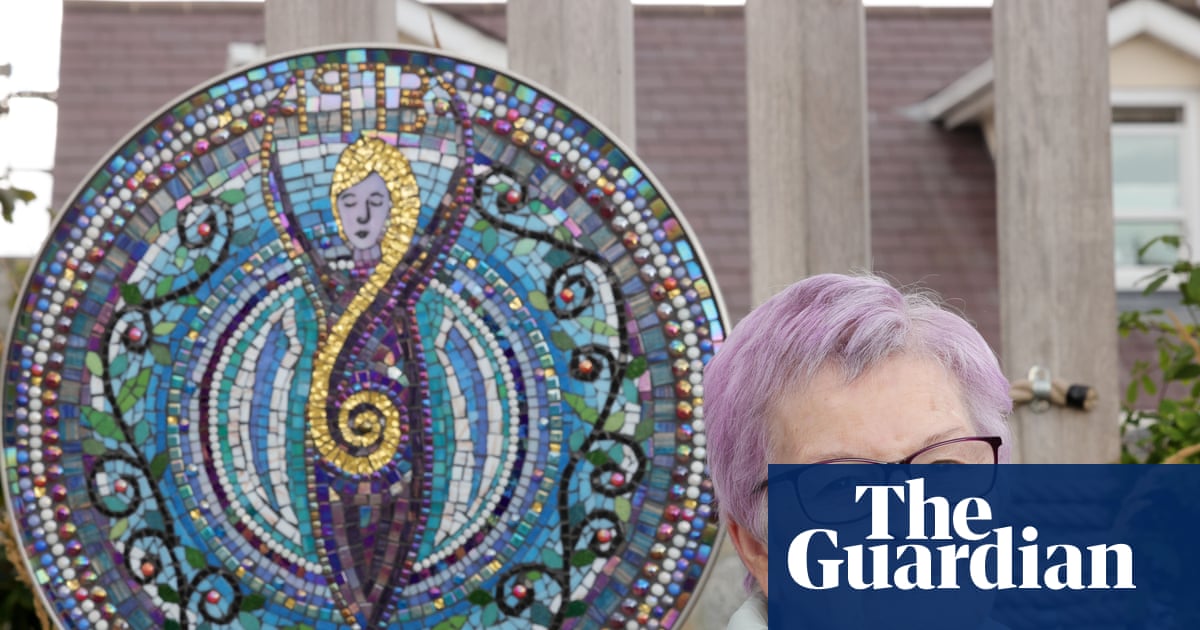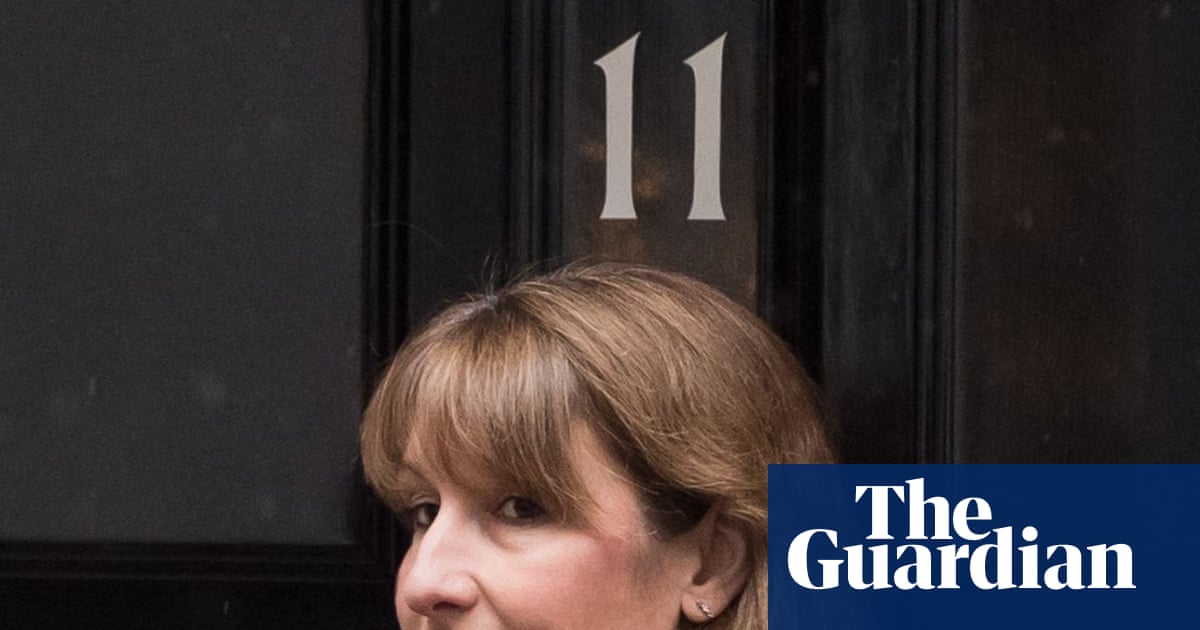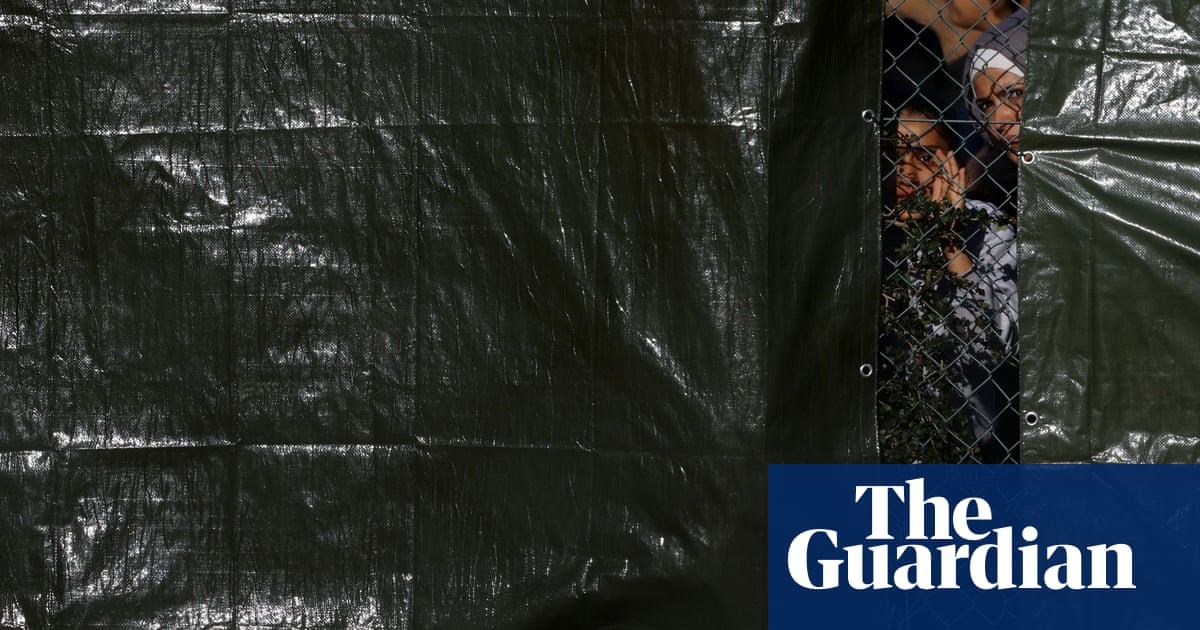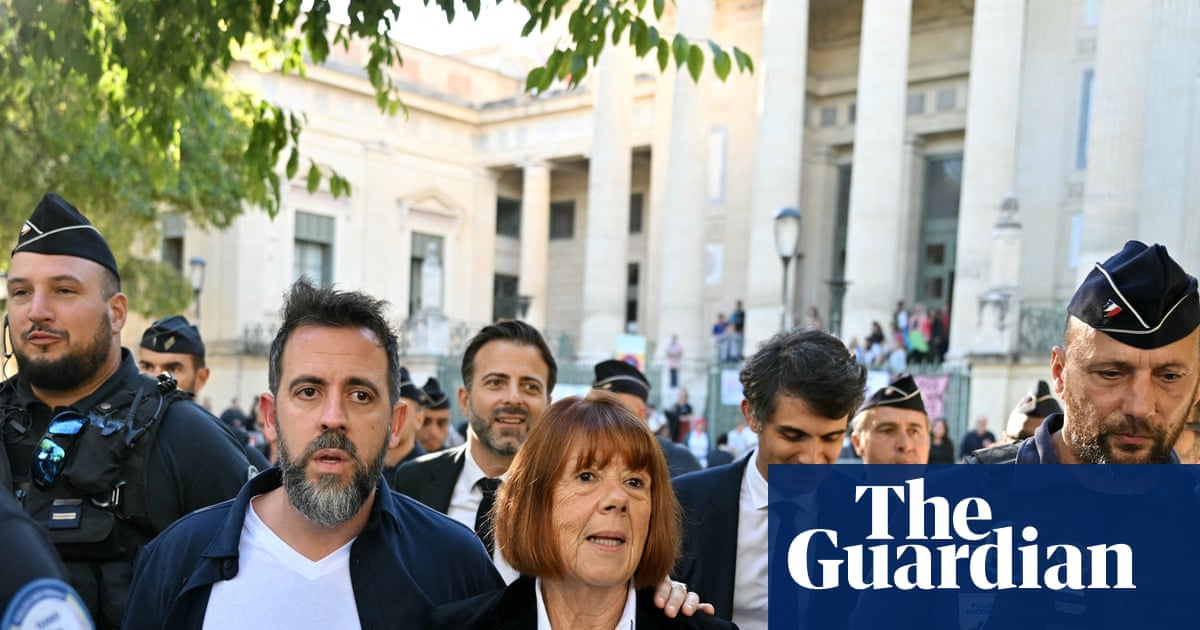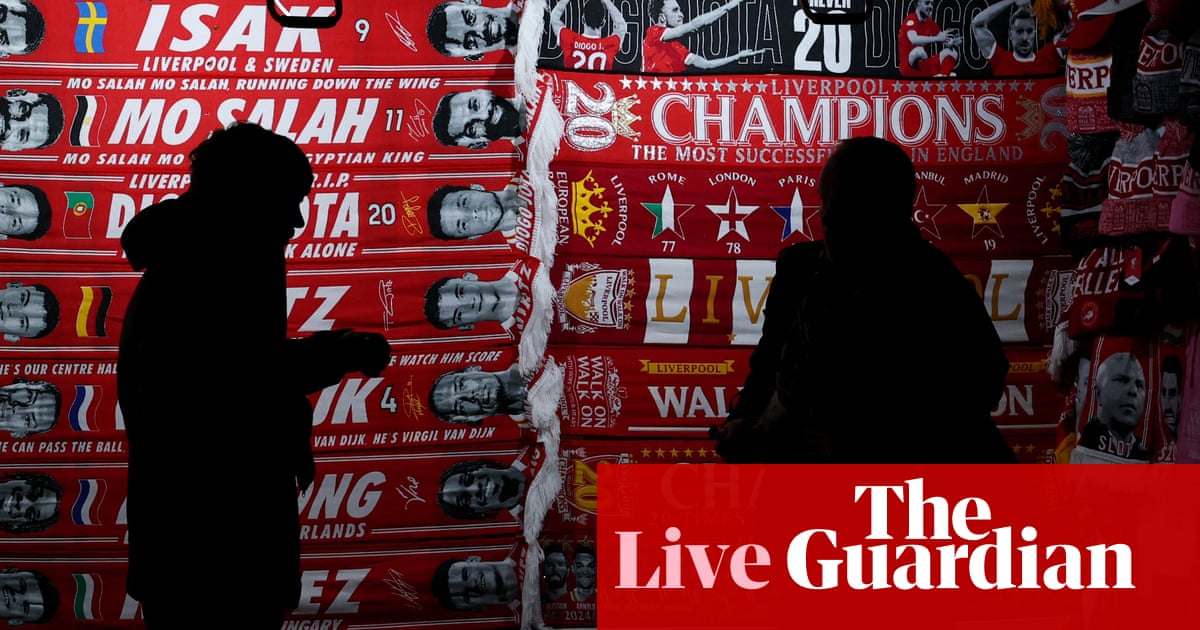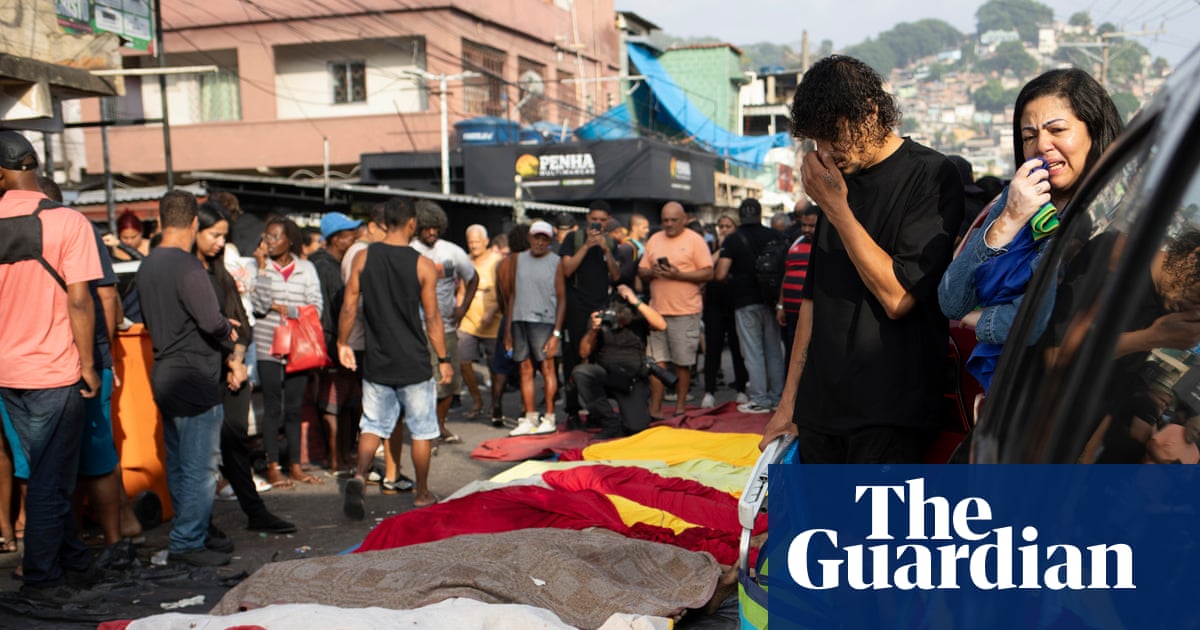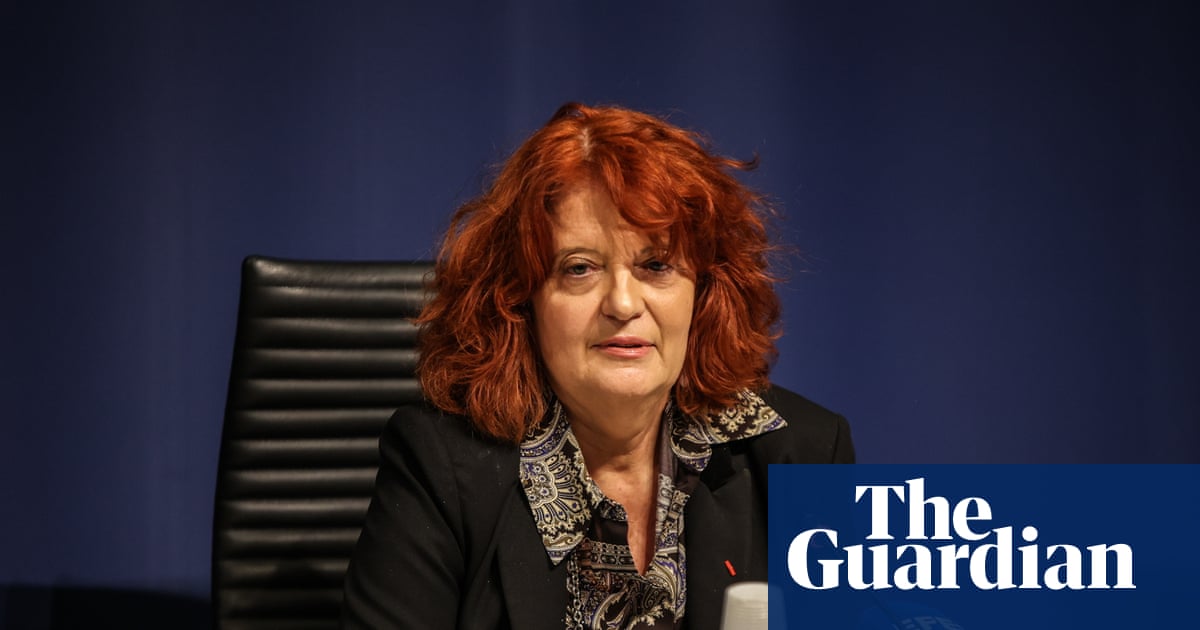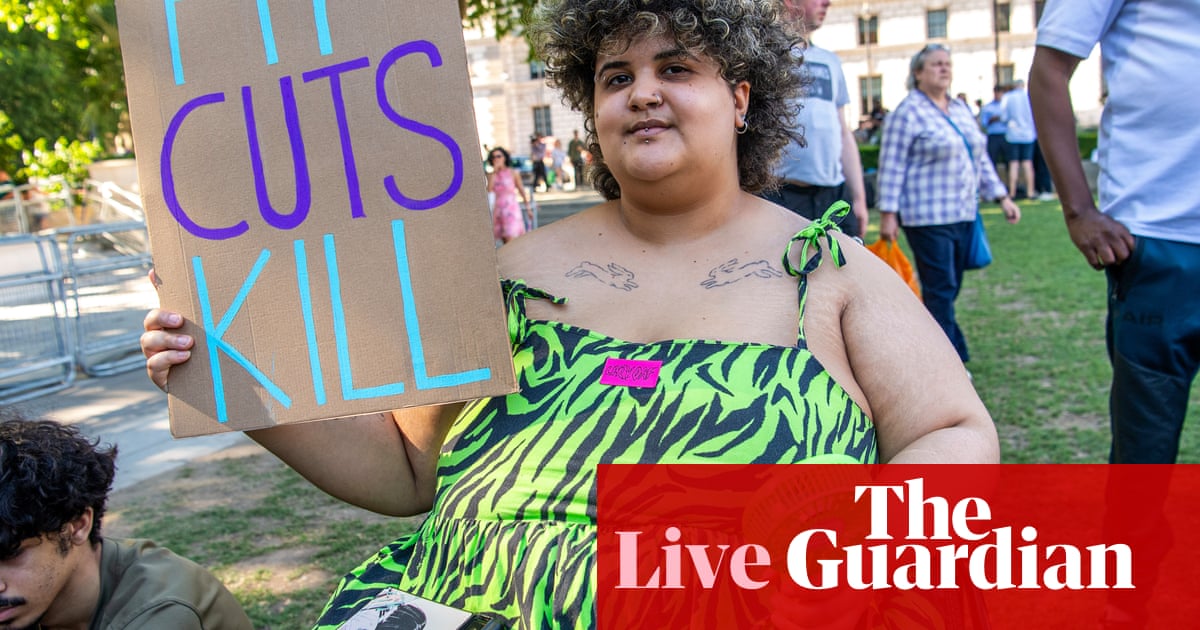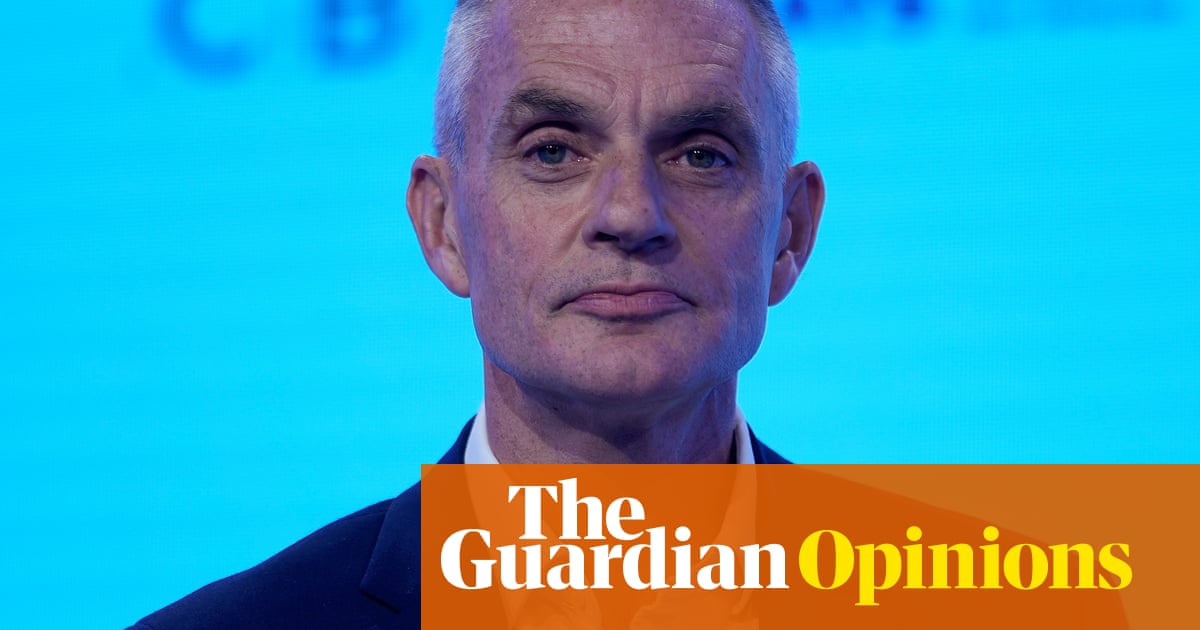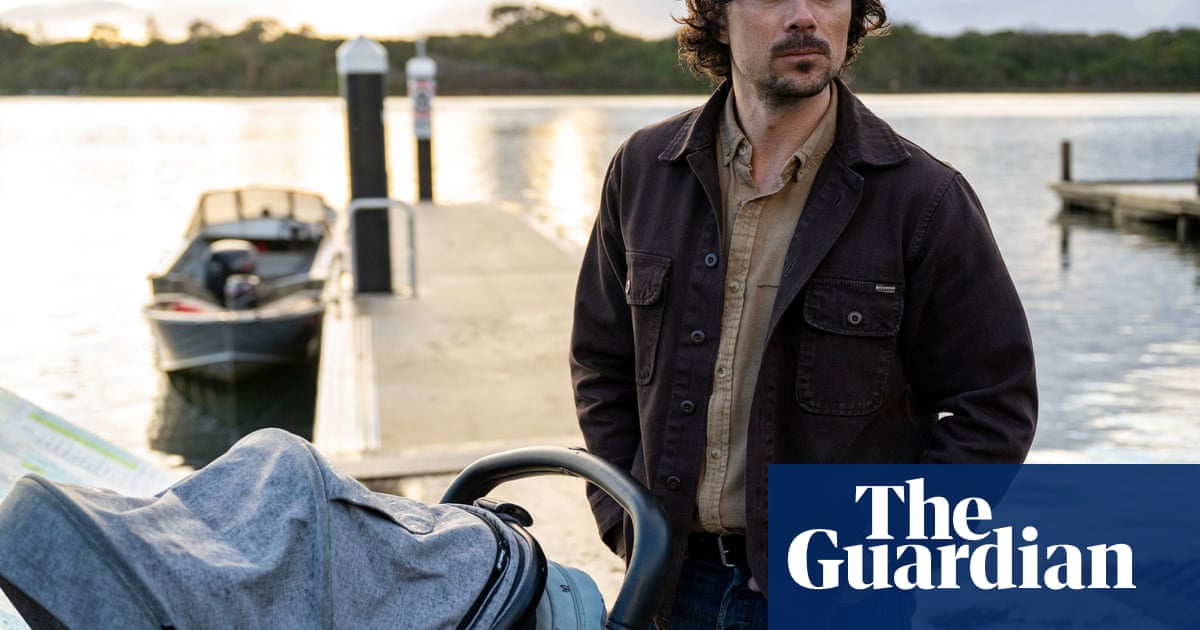Sudan’s Rapid Support Forces killed hundreds of patients and staff inside a hospital in El Fasher, according to the World Health Organization and the Sudan Doctors Network, after the paramilitary group claimed control of the city on Sunday.
The WHO secretary general, Tedros Adhanom Ghebreyesus, said he was “appalled and deeply shocked” at reports that more than 460 people had been killed at the Saudi maternity hospital, without assigning blame, in a post on X.
In a Facebook post on Wednesday, the Sudan Doctors Network, a medical group monitoring the civil war, said: “The Rapid Support Forces yesterday … killed in cold blood everyone they found inside the Saudi hospital.”
Fighting has been raging between the Sudanese armed forces and the RSF since April 2023, when a power struggle within the military regime broke out into open conflict in the capital, Khartoum, and quickly spread across the country.
Sudan’s army controls most of the country’s north and east, having recaptured Khartoum in March 2025, while the RSF holds territory in the west and south-west. With the army having abandoned El Fasher, the RSF now holds all five of Darfur’s regional capitals, while fighting continues in the southern region of Kordofan.
El Fasher, once a city of more than 1 million people, has been under siege by the RSF since May 2024. In August that year, famine was declared in Zamzam camp for displaced people, south of the city. In April, the RSF killed as many as 2,000 people when it seized the camp, which at the time housed 500,000 people.
Experts had also been warning that an RSF takeover of El Fasher would most likely be a repeat of its capture of Geneina, the capital of West Darfur, in 2023. The group killed as many as 15,000 civilians then, mostly from non-Arab groups.
The RSF grew out of the Janjaweed Arab militias, which were accused of committing genocide of African ethnic groups under the orders of former president Omar al-Bashir in Darfur in 2003.
In January, the US government formally declared that the RSF had committed genocide. Many Sudanese people still refer to the RSF as the Janjaweed.
On Tuesday, the Joint Forces, a coalition of armed groups allied with Sudan’s military, said the RSF had executed more than 2,000 unarmed civilians since taking El Fasher.
The RSF’s leader, Gen Mohamed Hamdan Dagalo, known as Hemedti, admitted there had been “abuses” by his forces, in his first comments since the fall of El Fasher, posted on Wednesday on Telegram. Dagalo said an investigation had been opened, without providing further details.
The Yale Humanitarian Research Lab analysed satellite imagery of the hospital on Monday 27 and Tuesday 28 October. On Tuesday, three clusters of white objects and “reddish discoloration on the ground” appeared next to the hospital, having not been there the day before. In two of the clusters, the objects were 1.1-1.9 metres long, while the size of the objects in the third group couldn’t be measured, the lab said in a report.
The report also found “evidence consistent with mass killing” at an RSF detention site at a former children’s hospital in the east of El Fasher, as well as continued “systematic killing” at the east of the city’s earth walls, originally built as a defence mechanism by the army and then reinforced by the RSF.
It isn’t yet possible to determine exactly how many people have been killed by the RSF in El Fasher, said Caitlin Howarth, the director of conflict analytics at the Yale lab. She added: “We’re not looking at small numbers, we’re looking at dozens and hundreds and, eventually, there will be thousands.”
Civilians who made it out of El Fasher have reported being stripped of belongings and extorted for ransom by RSF fighters, with many women reporting being sexually assaulted. It is likely that many have died in the desert, trying to reach displacement camps, Howarth said, adding that the true number may never be known.
The Associated Press spoke to witnesses who said RSF fighters went house to house, beating and shooting at people, including women and children. Many died of gunshot wounds in the streets, some while trying to flee to safety, they said.
“It was a like a killing field. Bodies everywhere and people bleeding and no one to help them,” Tajal-Rahman, a man in his late 50s, said by phone from Tawila, a displacement camp about 37 miles (60km) west of El Fasher that now houses more than 650,000 people.
The Associated Press contributed to this report.

.png) 4 hours ago
5
4 hours ago
5
